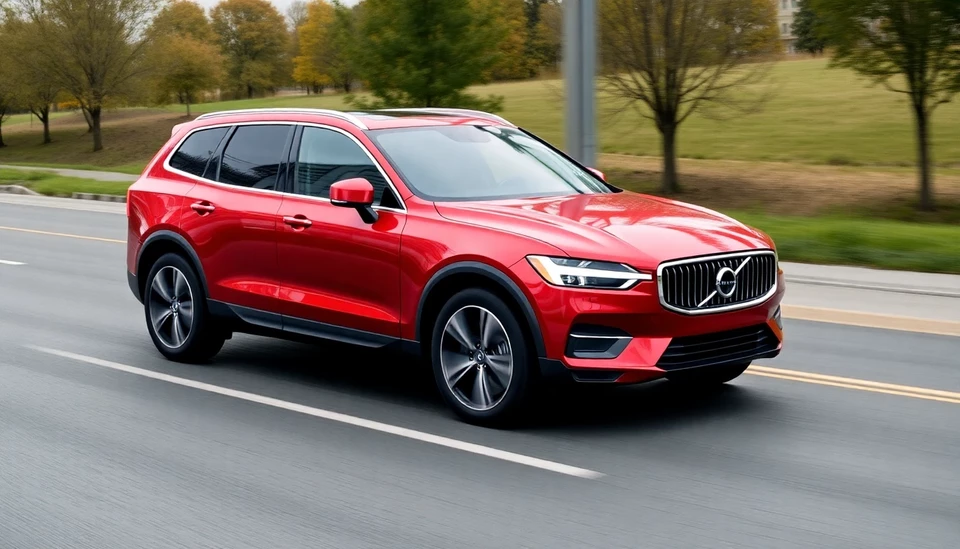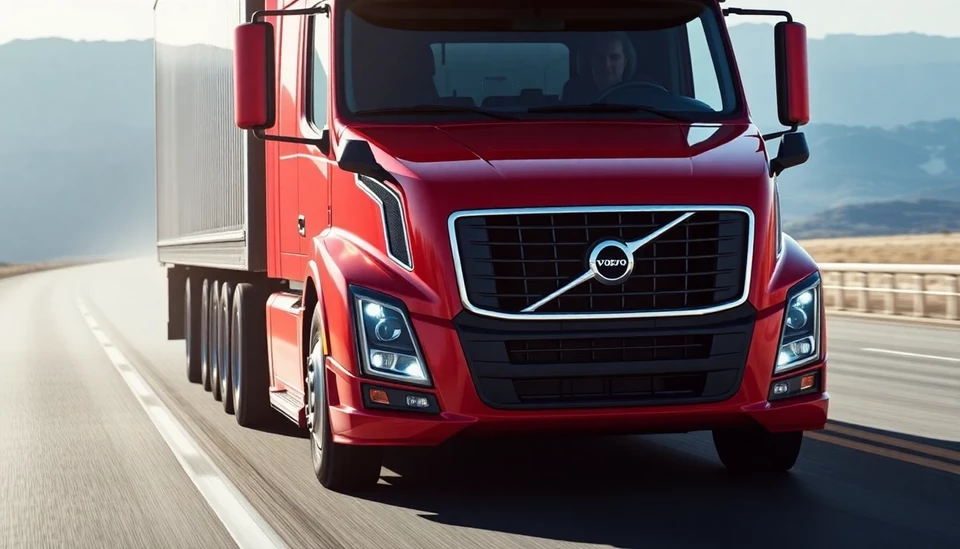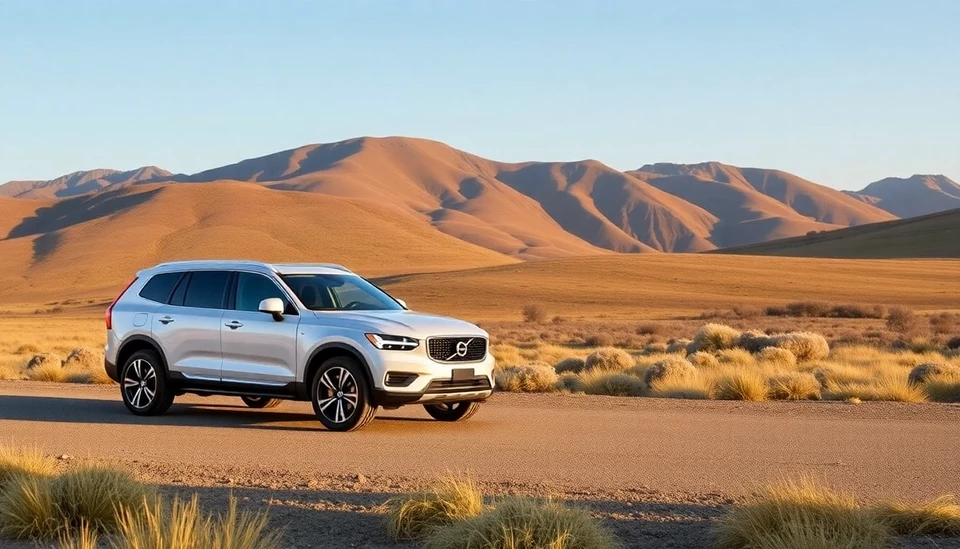
In response to the latest tariffs imposed by former President Donald Trump, automobile manufacturer Volvo has announced ambitious plans to ramp up its production in the United States. This strategic decision comes on the heels of significant levies aimed at foreign automotive makers, which have resulted in rising operational costs and market uncertainties within the industry.
Volvo's commitment to increasing its U.S. manufacturing capacity signifies not only a reaction to the tariffs but also a broader strategy to solidify its market presence in North America. The company's leadership has expressed optimism about the potential for growth in this critical market segment, despite the challenges presented by the newly enforced tariffs.
The tariffs, which target a variety of imported goods, have positioned U.S. manufacturers, including Volvo, at a pivotal juncture. By enhancing local production capabilities, Volvo aims to mitigate the impact of these levies, ensuring that they remain competitive against rivals who are also navigating the turbulent economic landscape.
Industry analysts suggest that Volvo's proactive approach could serve as a model for other auto manufacturers grappling with similar challenges due to the elevated tariffs. The decision to bolster U.S. production not only facilitates compliance with trade regulations but also has the potential to create new jobs and foster economic growth in the regions where Volvo operates.
In discussions related to this initiative, Volvo's management highlighted that investing in U.S.-based operations would allow the company to respond more swiftly to market demands while maintaining product quality and supply chain efficiency. Enhancing manufacturing within the country is anticipated to be a pivotal move that allows Volvo to sustain its competitive edge while navigating evolving trade policies.
As the auto industry continues to adapt to changing regulations and economic conditions, Volvo's commitment to U.S. production serves as a significant example of corporate resilience and strategic adaptation in the face of adversity.
Industry stakeholders and consumers alike will be watching closely to see how Volvo's increased U.S. production impacts the automotive landscape, especially considering the rising costs of imported vehicles hardened by tariffs. The success of this initiative could potentially reshape market dynamics and inspire further changes within the sector.
Volvo's determination to invest in American soil comes at a time when the auto industry is increasingly focused on sustainability and innovation; thus, it remains to be seen how these enhancements in production will align with broader trends toward environmentally friendly practices in vehicle manufacturing.
As this situation unfolds, it becomes clear that the impact of tariff policies on the automotive sector is far-reaching, and the measures taken by companies like Volvo could define the future landscape of the industry in the years to come.
In conclusion, Volvo is taking a significant step in bolstering its U.S. production as a response to the recent tariffs imposed by Trump, highlighting a notable shift in the auto industry landscape that emphasizes local manufacturing and economic resilience amidst global trade challenges.
#Volvo #USTariffs #AutoIndustry #Manufacturing #TrumpTariffs #EconomicGrowth #Sustainability #Innovation
Author: Victoria Adams




